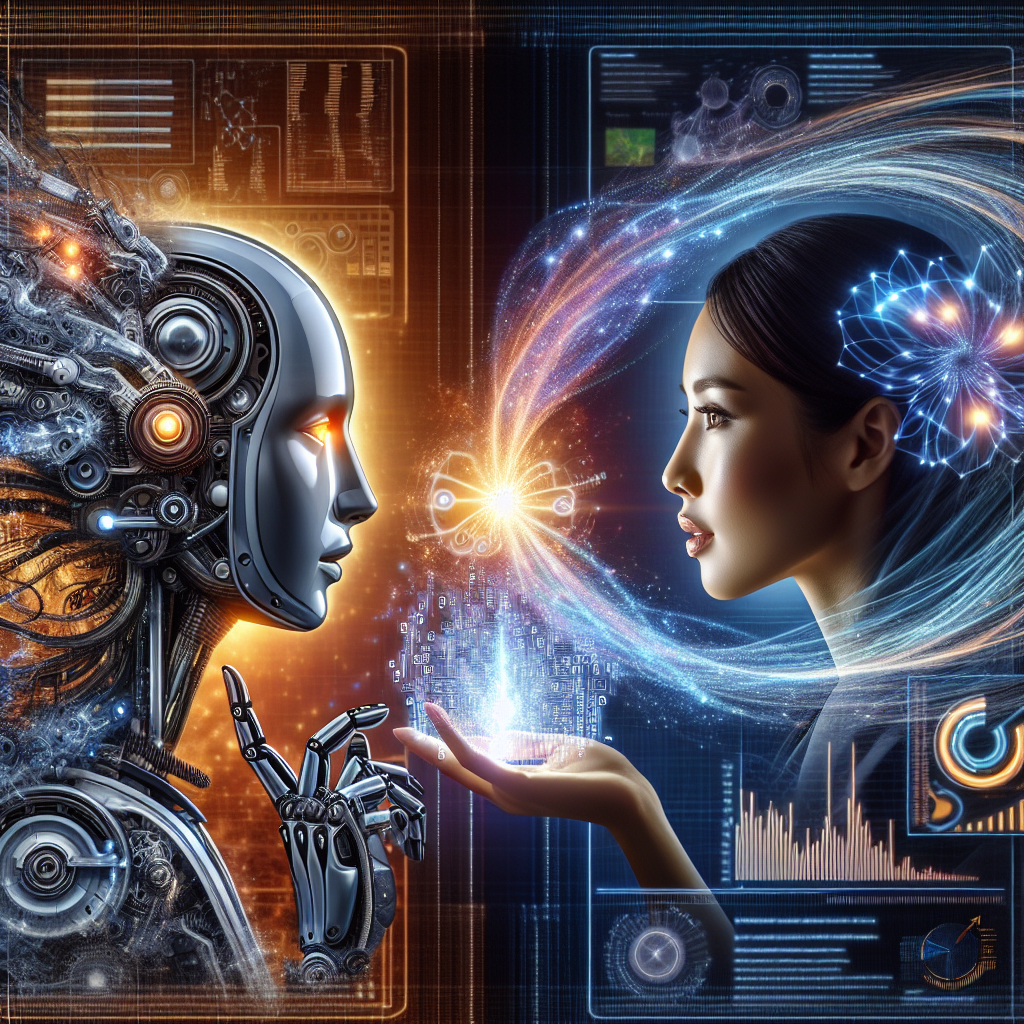In recent years, artificial intelligence (AI) has been making significant waves in the world of influencer marketing. As brands and marketers strive to connect with their target audiences in more meaningful and authentic ways, AI technology has emerged as a powerful tool to help them achieve their goals. From identifying the right influencers to predicting consumer behavior, AI is revolutionizing the way businesses approach influencer marketing.
The Rise of AI in Influencer Marketing
The rise of AI in influencer marketing can be attributed to several key factors. One of the main drivers of this trend is the sheer volume of data that is generated on social media platforms every day. With millions of posts, comments, and interactions happening online, it can be overwhelming for brands to sift through all this information to find the right influencers for their campaigns. AI algorithms are able to analyze this data at scale, identifying patterns and trends that would be impossible for a human to spot.
Another reason for the rise of AI in influencer marketing is the need for more personalized and targeted campaigns. As consumers become more savvy and discerning, brands are under pressure to create content that resonates with their specific interests and preferences. AI technology can help brands segment their audiences more effectively, ensuring that the right message reaches the right people at the right time.
AI is also helping brands to measure the impact of their influencer marketing campaigns more accurately. By tracking key metrics such as engagement rates, click-through rates, and conversion rates, AI algorithms can provide valuable insights into the effectiveness of a campaign. This data-driven approach allows brands to optimize their campaigns in real-time, making adjustments as needed to maximize their ROI.
FAQs
Q: How does AI help brands identify the right influencers for their campaigns?
A: AI algorithms can analyze vast amounts of data to identify influencers whose audience demographics, interests, and engagement levels align with the brand’s target market. By taking into account factors such as follower count, engagement rates, and post frequency, AI technology can help brands find the influencers that are most likely to drive results for their campaigns.
Q: Can AI predict consumer behavior?
A: Yes, AI technology can analyze consumer data to predict behavior patterns and trends. By tracking factors such as browsing history, purchase history, and social media interactions, AI algorithms can identify patterns that indicate a consumer’s likelihood to purchase a product or engage with a brand. This predictive analysis can help brands tailor their marketing strategies to better meet the needs and preferences of their target audience.
Q: How can brands use AI to measure the effectiveness of their influencer marketing campaigns?
A: AI technology can track key metrics such as engagement rates, click-through rates, and conversion rates to measure the impact of an influencer marketing campaign. By analyzing this data in real-time, brands can gain valuable insights into the performance of their campaigns and make adjustments as needed to optimize their ROI. AI algorithms can also provide recommendations for future campaigns based on the insights gathered from previous campaigns.
Q: What are some of the potential drawbacks of using AI in influencer marketing?
A: While AI technology offers many benefits for influencer marketing, there are also some potential drawbacks to consider. One potential drawback is the risk of relying too heavily on data and algorithms, at the expense of creativity and authenticity. Brands must strike a balance between data-driven insights and human intuition to ensure that their campaigns are engaging and resonate with their target audience. Additionally, there are concerns about privacy and data security when it comes to using AI technology to analyze consumer data. Brands must be transparent about how they are using consumer data and ensure that they are complying with regulations such as GDPR.
In conclusion, the rise of AI in influencer marketing is transforming the way brands connect with their target audiences. By leveraging AI technology to identify the right influencers, predict consumer behavior, and measure campaign effectiveness, brands can create more personalized and impactful campaigns that drive results. As AI continues to evolve, the possibilities for influencer marketing are endless, and brands that embrace this technology are sure to stay ahead of the curve.

